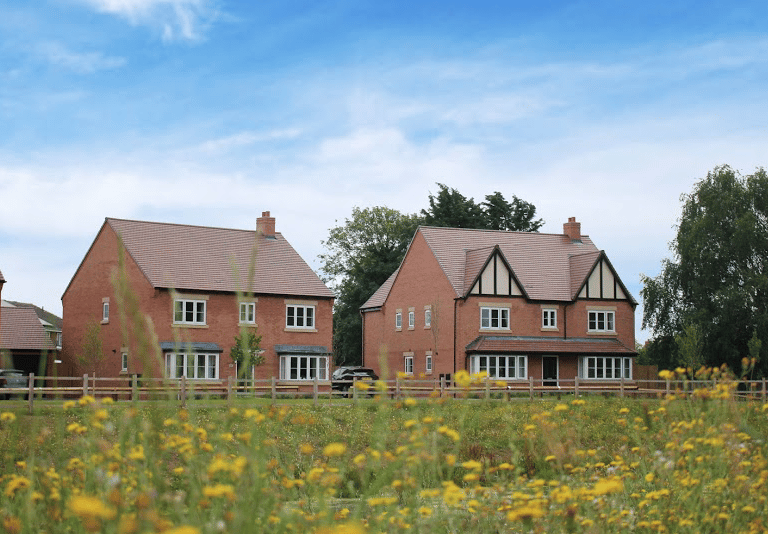McLoughlin Planning has secured planning permission for a new rural exceptional farmstead home in Sussex.
Our clients own a parcel of land in Sussex, isolated in the idyllic Sussex countryside. Whilst planning permission would not normally be achievable for a new home in such a location, paragraph 84 of the National Planning Policy Framework sets out limited circumstances where new homes are permitted in isolated locations.
Point (e) allows for new homes where the design is of exceptional quality, reflecting the highest standards in architecture, raising the standards of design more generally in rural areas and significantly enhancing the immediate setting. To offer a brief history of the intention of Paragraph 84(e), it is widely accepted that Paragraph 84 is a modern continuation of what was originally referred to as “Gummer’s Law”, a means of protecting the long-standing tradition of building large British Country Houses. Therefore, Paragraph 84 sets out a series of scrupulous tests to demonstrate the proposal embodies this tradition.
Because of this high threshold, we worked closely with an experienced Architect and project team to develop an initial concept scheme. The vision for this proposal was to create an authentic country home, which is intimately connected to its place, improving the immediate habitat. Using the client’s and Architects’ extensive knowledge of renewable energy technology, the home aspired to be Net-Zero Carbon and install various technologies. The result was a home which visually resembled a typical Sussex Farmstead at a distance, but when approached, the building’s form, detail and sculptural quality give a clear indication of its contemporary design, successfully blending traditional building methods and materials with modernity.
With the support of ecologists and landscape consultants, a landscaping scheme was also prepared which would see the strengthening of a small woodland with further tree planting, wildflower meadows and work to an adjoining watercourse to support significant biodiversity net gain and enhancements to the surrounding character of the area.
McLoughlin Planning assisted in managing the planning strategy and the application through initial pre-application engagement with the Mid-Sussex District Council and through Design Review Panel presentations before developing and undertaking the submission of the planning application.
During the planning application process, McLoughlin Planning engaged with the Case Officer to assist in responding to statutory consultees, reviewing, and agreeing to relevant planning conditions and assisting in the preparation of an S106 agreement. Working proactively and maintaining regular contact with the case officer, we were able to secure planning permission under delegated powers.
We are overjoyed that this new multi-generational and exceptionally designed home has secured planning permission and look forward to seeing the development progress over the coming years to provide a new landmark in Mid-Sussex.
If you would like more information on the above, our Director, Chris Moore, is more than happy to help answer any questions you have in regard to new home builds in a rural setting:
Chris Moore
chris.moore@mplanning.co.uk
01242895008














